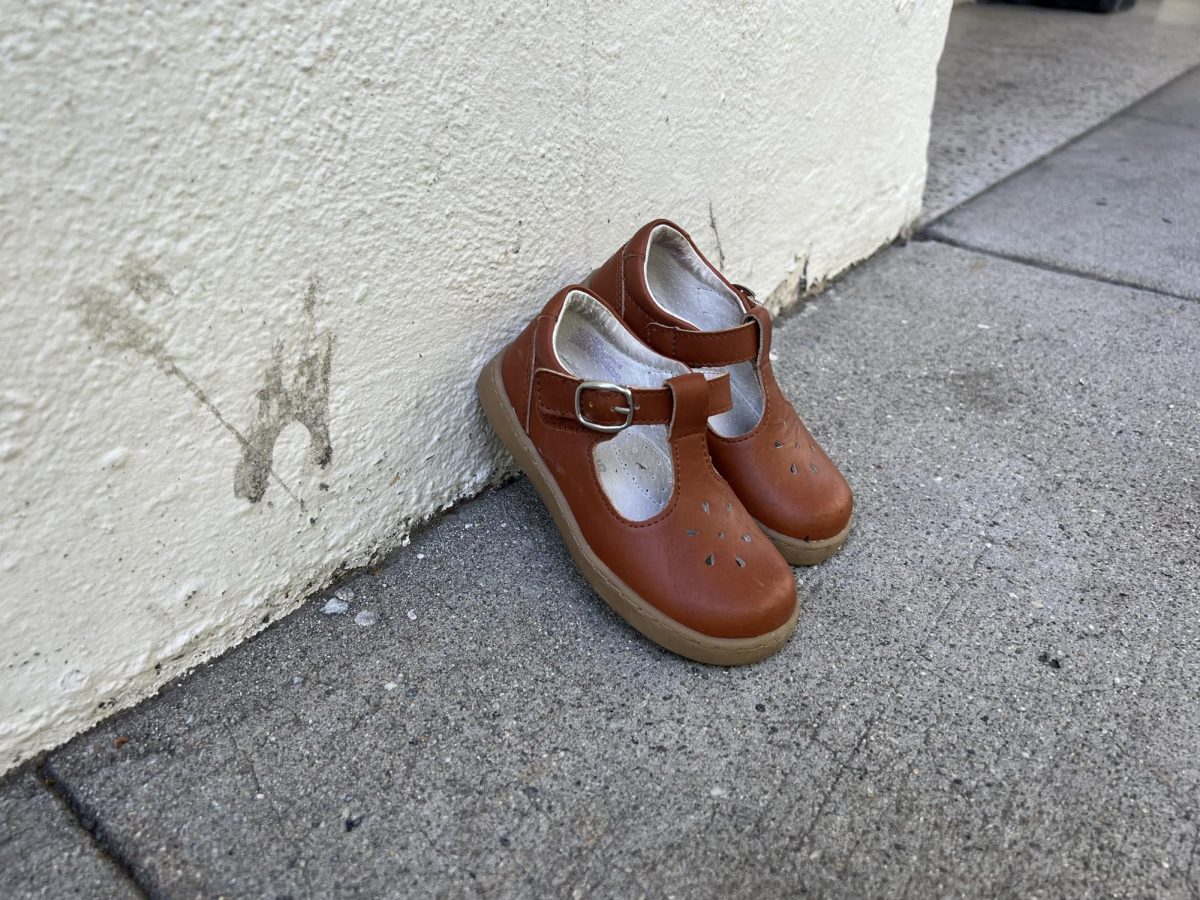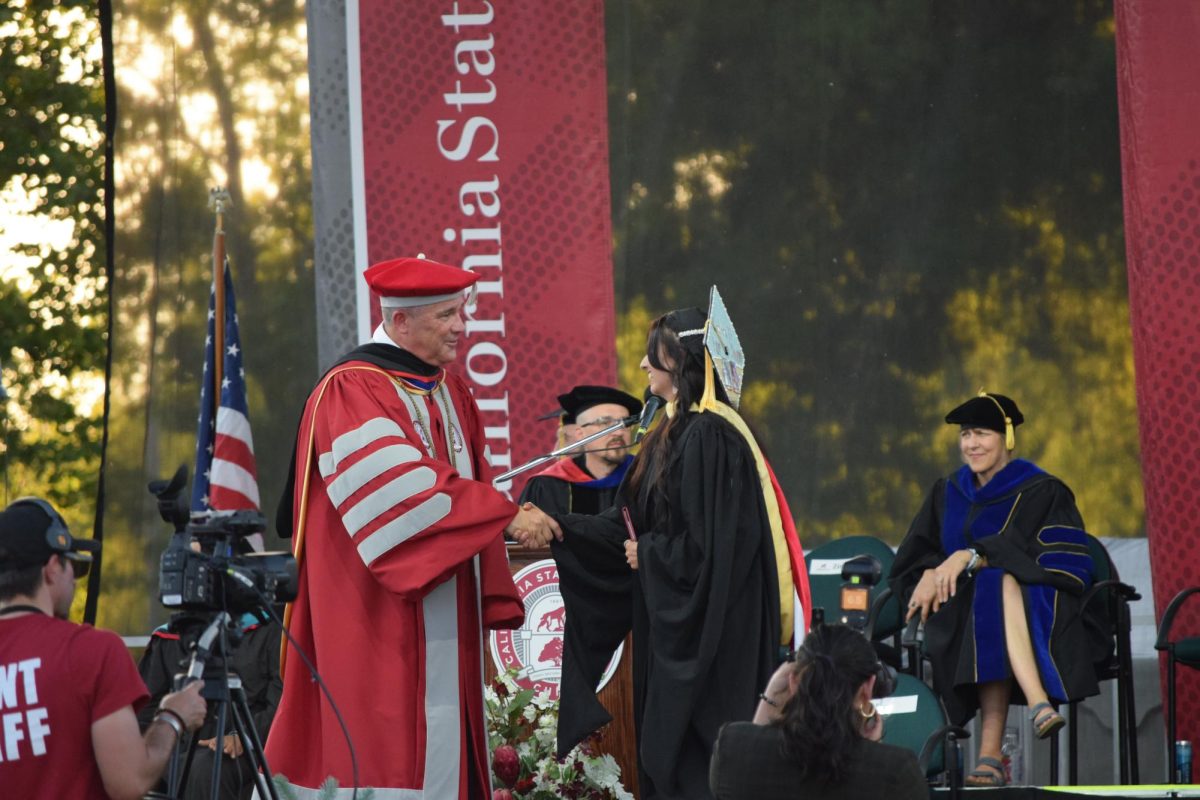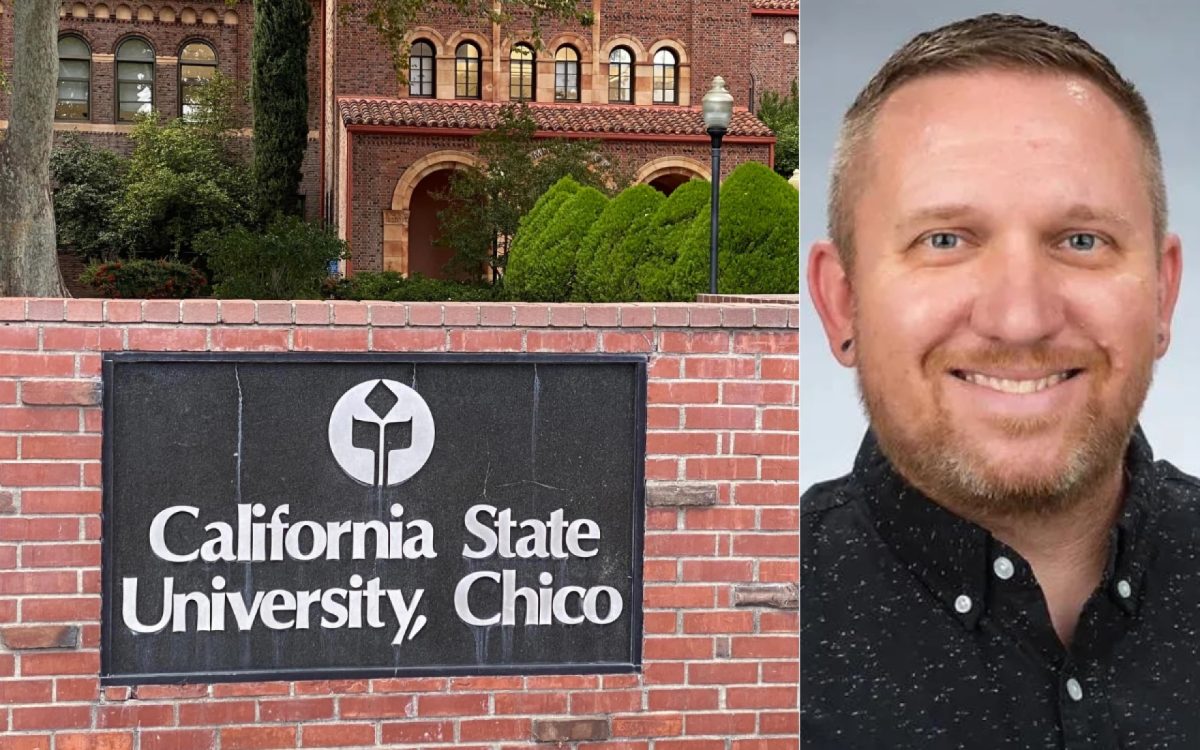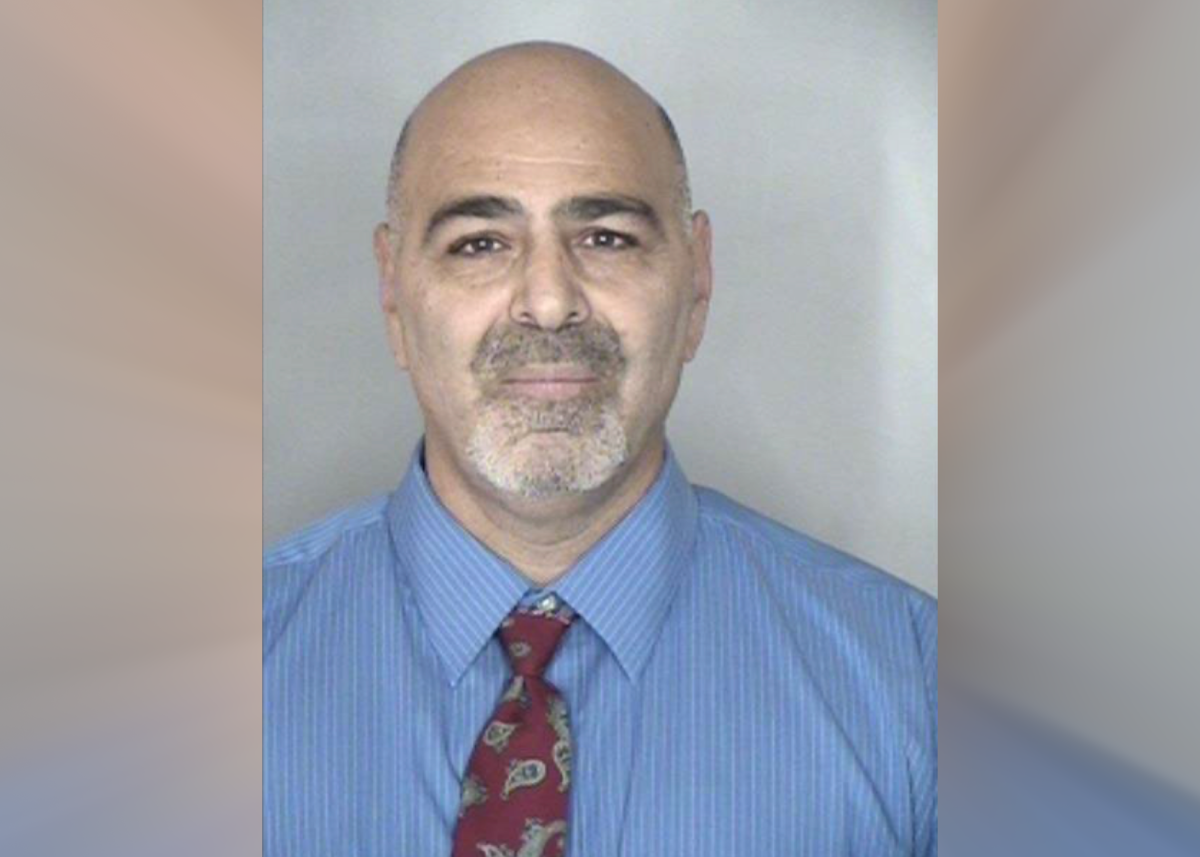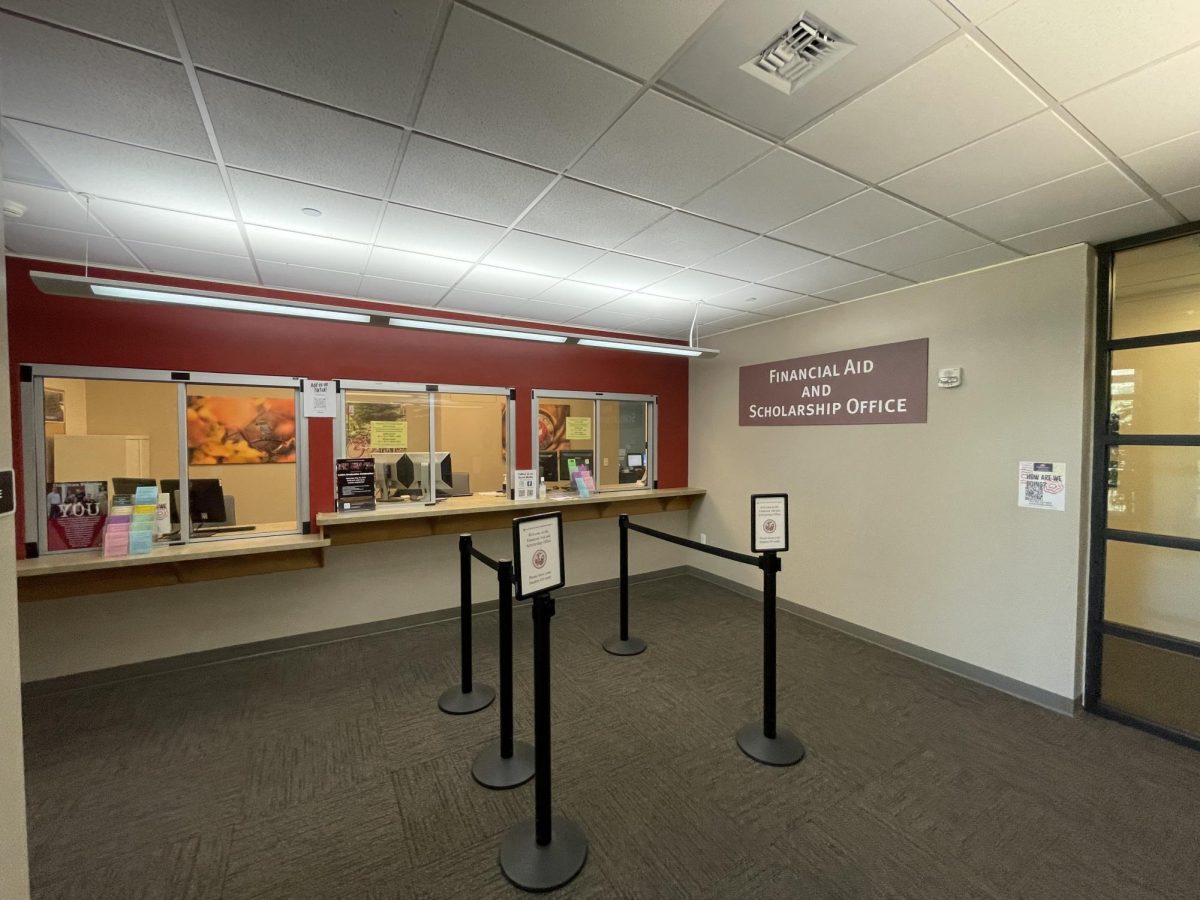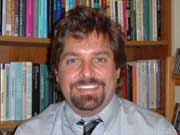
Recent findings have found that two-thirds of college students have reported cheating in some form during their college careers.
In the book “Cheating in College: Why Students Do It and What Educators Can Do about It,” Donald L. McCabe, a professor of management and global business at Rutgers, along with two other professors, conducted a study to get to the bottom of cheating in higher education.
At Chico State, cheating is defined as, “intentional fraud or deception for the purpose of improving a grade or obtaining course credit and includes all behavior intended to gain unearned academic advantage. Cheating includes either helping or attempting to help another person cheat.”
This can include anything from copying another student’s paper, to stealing content off the Internet without citing it or even taking pictures of an exam.
Curtis Peldo, philosophy professor, says it’s an ethical question whether you should cheat to get ahead. Rather than viewing the possible consequences as the only reason to avoid cheating, students should choose not to do it because it’s dishonest, he said.
In his 12 years at Chico State, Peldo has had multiple encounters with students cheating. He says typically his upper division classes are more likely to engage in plagiarism, while his lower division classes tend to cheat by looking at other students’ exams.
“In my experience, very few students have admitted it when I catch them red-handed,” he said. “Most students will stick to their story until the very end.”
Student Judicial Affairs deals with cheating offenses on campus as well. In an email interview, Lisa Root, the program’s director, opened up about how cheating affects our campus and why students are doing it.
Root said cheating is a problem at Chico State, however, the number of incidents reported is relatively low in proportion to the number of students on campus.
Not all incidents are seen and reported which can cause students to continue to do it.
“This hurts everyone, as it can devalue the overall academic reputation of Chico State if students are earning degrees for work that’s not their own,” she said.
The punishment for cheating on campus varies by the degree of the offense. Students could possibly face failing an assignment, failing a course, being placed on academic probation, or in the worst cases, being kicked out of the university.
Root said that being placed on academic probation affects a student’s ability to participate in activities on campus.
“They are no longer considered to be in ‘good standing’ with the university,” she said. “This may affect their involvement in certain activities such as leadership positions, athletics, study abroad.”
There are many reasons students decide to cheat, but among them are being unprepared for an assignment, not studying enough or simply being stressed out over an exam or midterm. Pressure from other commitments that require a maintained GPA can also cause students to feel the need to cheat.
Due to the increase in technology, it is also easier for students to cheat by finding papers on the internet or texting exam questions during a test, Root said.
Faculty members have also been using technology to detect cheating and counter the effort, especially when it comes to plagiarism. Websites like Turnitin.com have allowed professors to check whether a student is doing the work on their own or just copying answers from the Internet.
Michael Polsan, lead student conduct administrator for academic cases, encourages students to read up on campus policies and know where to go to get help if they’re unsure whether they are violating academic integrity policies.
“The Student Learning Center on campus is available to assist students with their writing as well as to avoid violations on campus,” he said.
When students consider cheating, it’s important to remember that it can lead to serious consequences and affect their ability to be successful in college, he said.
“Fortunately, our rates of repeat offenses are fairly low, so we hope that students learn from their experiences,” Root said.
Taylor Hovey can be reached at [email protected] or @ahmazingtaylor on Twitter.








